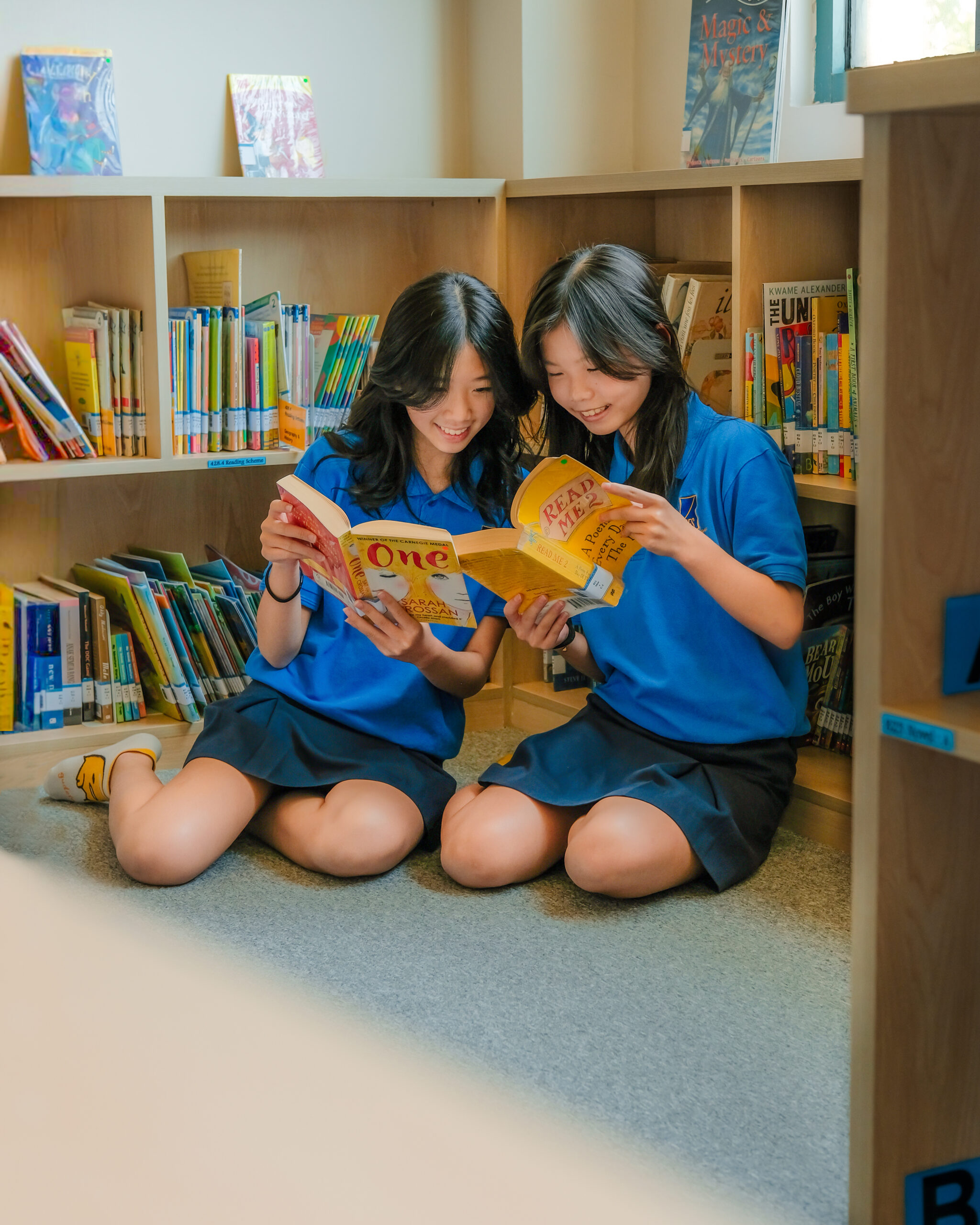
How Do International Schools in Surabaya Stack Up Globally? A Look at Surabaya European School
Surabaya, Indonesia’s second-largest city, is increasingly becoming a hub for international business and expatriate families. As a result, the demand for quality international education has surged. Among the established institutions catering to this need is Surabaya European School (SES). But how do schools like SES, and international schools in Surabaya in general, compare to their global counterparts?
The Landscape of International Education in Surabaya
Surabaya’s international schools often follow curricula such as the International Baccalaureate (IB), Cambridge Assessment International Education (CAIE), or a blend of international standards with national requirements. These schools aim to provide a globally recognised education, preparing students for higher education and careers worldwide.
Surabaya European School: A Case Study
SES, for instance, focuses on a European-influenced curriculum, emphasising inquiry-based learning and the development of critical thinking skills. It strives to create a multicultural environment, fostering global citizenship.
Global Benchmarks and Comparisons
To assess how Surabaya’s international schools fare globally, we can consider several key factors:
Curriculum and Accreditation
Globally recognised curricula such as the IB and CAIE serve as benchmarks for quality. Schools adopting these curricula undergo rigorous accreditation processes, ensuring adherence to international standards. SES, by aligning its curriculum with European educational principles, demonstrates its commitment to global best practices.
However, the implementation and resources available for these curricula can vary. Schools with greater resources can offer more specialised programmes and facilities.
Teacher Qualifications and Experience
Top international schools globally attract highly qualified teachers with international experience. Schools in Surabaya are increasingly recruiting educators with diverse backgrounds and international certifications.
Continuous professional development is crucial. Schools that invest in their teachers’ growth are better equipped to deliver a world-class education.
Facilities and Resources
Modern facilities, including well-equipped science labs, libraries, sports facilities, and technology infrastructure, are essential for a comprehensive education.
While some Surabaya schools may have limitations compared to institutions in major global cities, schools like SES are continuously upgrading their facilities to meet international standards.
Student Outcomes and University Placements
A key indicator of success is the placement of graduates in reputable universities worldwide. Schools that consistently produce students who excel academically and gain admission to top universities demonstrate their effectiveness.
Tracking student success after graduation is highly important.
Extracurricular Activities and Holistic Development
International schools emphasise holistic development, offering a wide range of extracurricular activities, including sports, the arts, and community service.
The breadth and quality of these programmes contribute to students’ overall growth and well-roundedness.
Language and Cultural Diversity
International schools worldwide pride themselves on the diversity of their student body. Schools in Surabaya are becoming more diverse, allowing students to develop a more global perspective.
Challenges and Opportunities
International schools in Surabaya face challenges such as:
- Attracting and retaining highly qualified international teachers.
- Maintaining affordability for local families.
- Keeping pace with rapidly evolving educational technologies.
However, there are also significant opportunities:
- The growing demand for international education in Indonesia.
- The increasing integration of technology in education.
- The potential for collaboration with international institutions.
Conclusion
International schools in Surabaya, including Surabaya European School, are making significant strides in providing quality education that aligns with global standards. While there may be variations in resources and facilities, these schools are committed to preparing students for success in an interconnected world. By focusing on curriculum quality, teacher development, and holistic education, Surabaya’s international schools are increasingly competitive on the global stage. Continuous improvement and adaptation to global trends will be key to their continued success.
